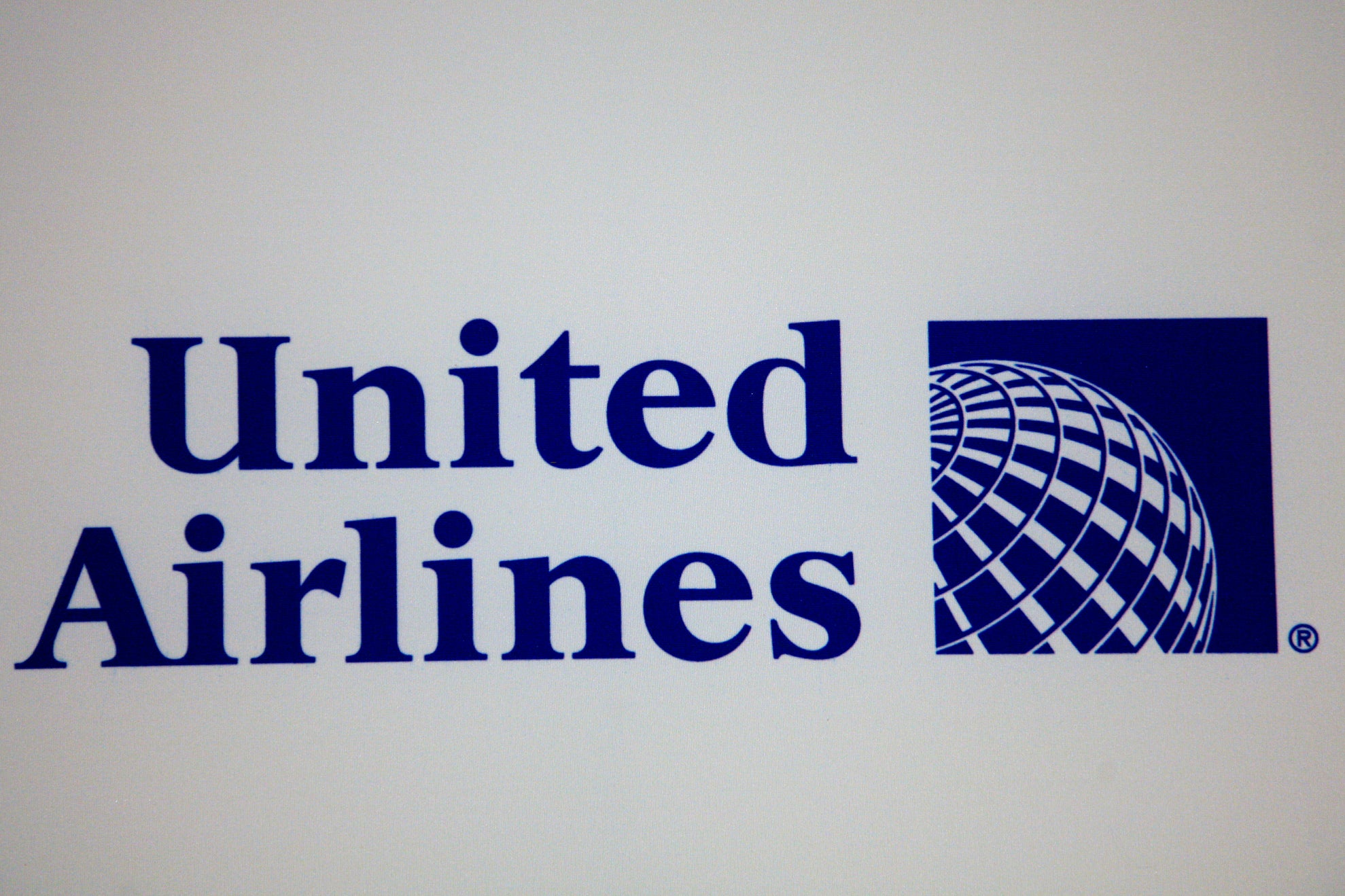United makes 'conditional' order for electric air taxis
United Airlines sees a market in whisking travelers to the airport in small, electric-powered air taxis

Your support helps us to tell the story
From reproductive rights to climate change to Big Tech, The Independent is on the ground when the story is developing. Whether it's investigating the financials of Elon Musk's pro-Trump PAC or producing our latest documentary, 'The A Word', which shines a light on the American women fighting for reproductive rights, we know how important it is to parse out the facts from the messaging.
At such a critical moment in US history, we need reporters on the ground. Your donation allows us to keep sending journalists to speak to both sides of the story.
The Independent is trusted by Americans across the entire political spectrum. And unlike many other quality news outlets, we choose not to lock Americans out of our reporting and analysis with paywalls. We believe quality journalism should be available to everyone, paid for by those who can afford it.
Your support makes all the difference.United Airlines thinks that in a few years, plenty of big-city customers will pay $100 or more for a one-way ride to the airport in a four-seat, electric-powered air taxi.
The Chicago-based airline said Thursday that it invested $15 million in a startup manufacturer, and signed a “conditional” agreement to buy 200 of the tiny aircraft with options for 200 more.
United said it expects to receive the first taxis — which will take off and land vertically, like helicopters — from Eve Air Mobility as soon as 2026.
It's hard to judge United's commitment to the deal, since it wouldn't provide terms for the order. A spokesman said the conditions are standard when buying an aircraft that hasn't been certified by regulators, and they cover “a number of United’s business objectives.”
The stake in Eve amounts to less than 5% of United's second-quarter profit.
But the deal fits United's pattern of announcing interest in startups that are trying to build and win regulatory approval for air taxis, like Archer, and supersonic planes, like Boom.
Mike Leskinen, president of United's venture-funding arm, said the eVTOLs — electric vertical takeoff and landing aircraft — will be ideally suited for traffic-clogged cities where United flies, including New York, Chicago and San Francisco. He said air taxis will be faster than driving to the airport and produce fewer emissions, and trips will cost $100 to $150 each way.
“It will take time for consumers to adopt this. People are going to have some hesitancy at first," Leskinen said. “It will feel a lot similar to a helicopter ride, it might be scary for some, but this is going to change the way we work and live.”
The Eve aircraft is envisioned to have a range of 40 to 60 miles (65 to 100 kilometers). Future designs might be slightly bigger than the currently planned four-seater, but they would not replace any planes that United flies from one airport to another, so they won't reduce carbon emissions produced by the airline's regular fleet.
Eve Holding Inc. is a publicly traded company formed this year by a combination of a special purpose acquisition company called Zanite and a unit of Brazilian aircraft manufacturer Embraer. It is based in Melbourne, Florida.